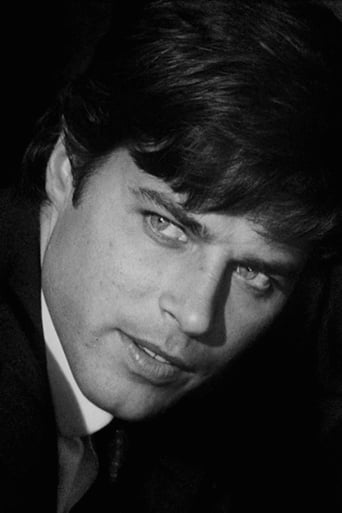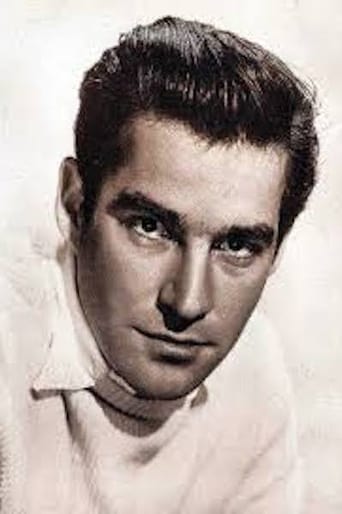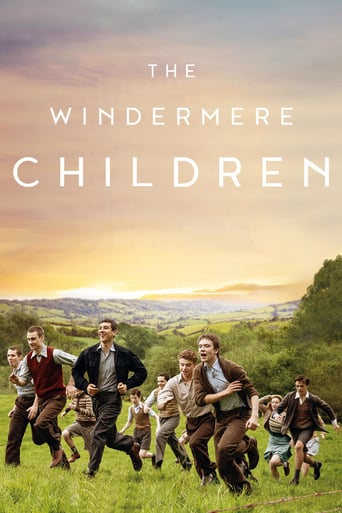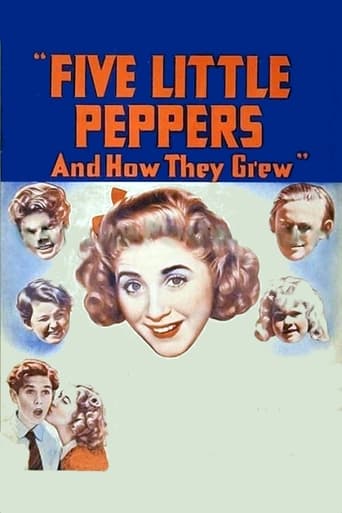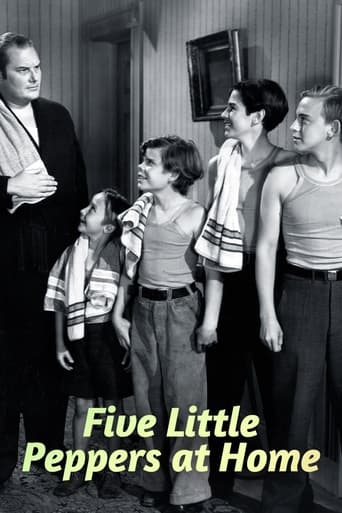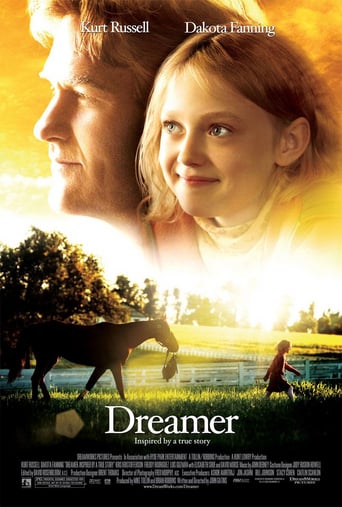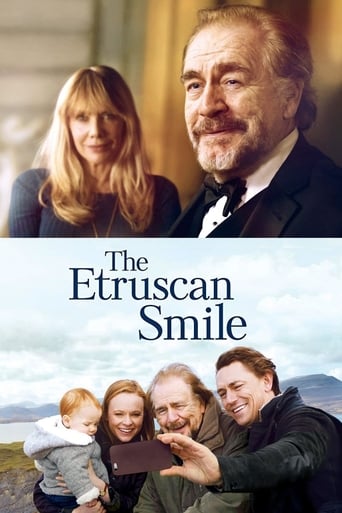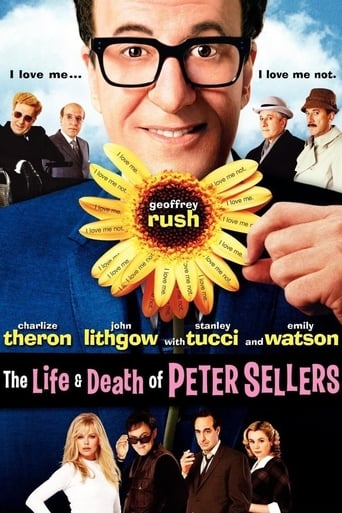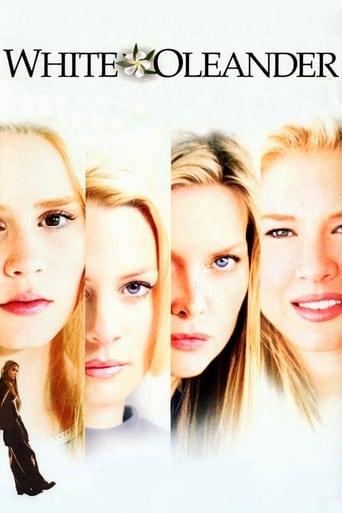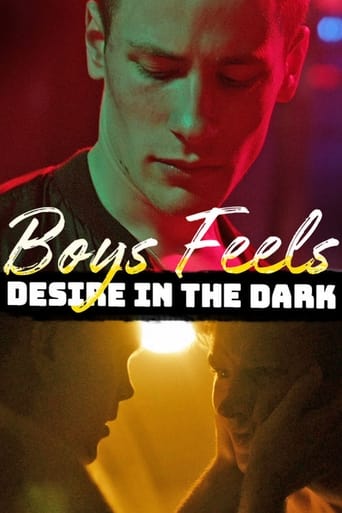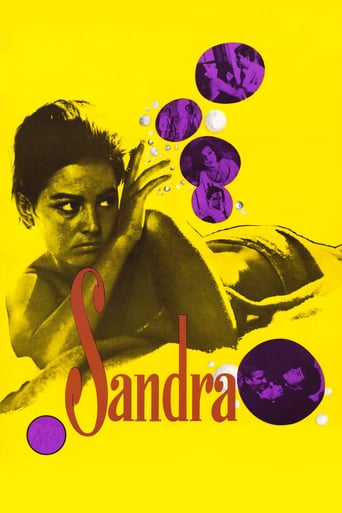
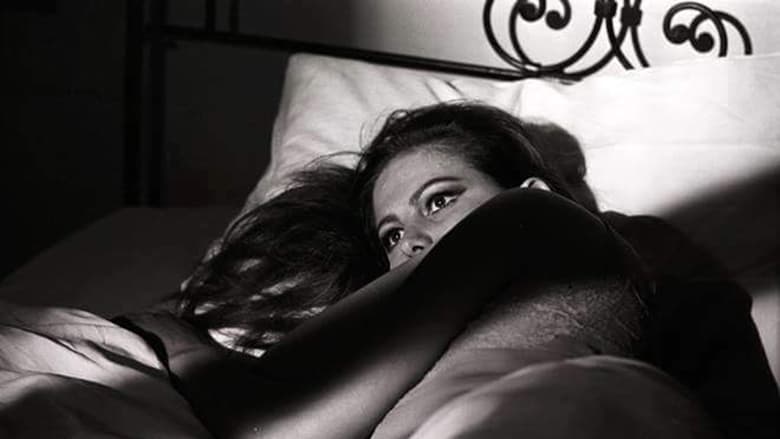
Sandra (1965)
Sandra returns to her childhood village to take care of family business, but childhood memories and secrets soon overcome her.
Watch Trailer
Cast
Similar titles
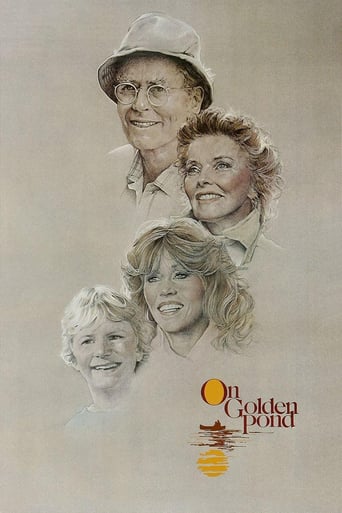
Reviews
Excellent but underrated film
I cannot think of one single thing that I would change about this film. The acting is incomparable, the directing deft, and the writing poignantly brilliant.
The film may be flawed, but its message is not.
An old-fashioned movie made with new-fashioned finesse.
***User-reviewer bennyraldak ("Forbidden desire", bennyraldak from Netherlands, 4 September 2009) sees "Sandra" as being focused on Claudia Cardinale's character's demons. Ilpo Hirvonen ("The decay of an aristocratic family", Ilpo Hirvonen from Finland, 21 September 2010) has a good general summary.*** Luchino Visconti's Sandra (1965), is a puzzling but splendorous visual treat that depicts incest, homo-eroticism, madness and collaboration with the Nazis. Its fairly slow pacing and reluctance to make obvious useful information will challenge those who spend hours a day gazing down at their QWERTY devices. However, "Sandra" is very rich and satisfying; it is flawlessly served up by the great Visconti. (I like it more than "The Leopard.")A modernized retelling of the Greek myth Electra, an attractive, upper-class, socialite couple (Claudia Cardinale in the eponymous role, Michael Craig as her husband Andrew) return to the mansion of Sandra's youth (which she was forced to flee), to attend a small ceremony honoring her father, who was murdered by the Nazis at a concentration camp. When she is reunited with her unstable brother, Gianni (Jean Sorel), the physical connection between them is made very obvious. Their closer-than-normal relationship is never a secret to the audience, but revealing it is a big concern to Andrew and other observers, such as Sandra's barrister stepfather Gilardini (Renzo Ricci). The perpetually nervous Gilardini and Sandra's clinically insane mother (Marie Bell) may also have collaborated with the Nazis by betraying Sandra's father, creating an unusual conflict of pairs.Shot in high-contrast Black and White, Visconti's skill at shooting his photogenic cast in tight quarters is evident. Because the English translation of the film is somewhat talky, it helps to develop the skill of quickly reading the subtitles in order to enjoy Visconti's work. It is amazing how precise and detailed the imagery is. The scenes between the anguished brother and steely sister are frequently filled with erotic tension. Visconti's trademark homo-eroticism is also present, but to a smaller degree.One of the more interesting characters is Sandra's "first love" who is now a physician. He seems to personify not just a mixture of Sandra's husband and her brother, but also the Nazi collaborator Gilardini. At least, that's my interpretation of the final image.Visconti's depiction of a decaying aristocratic family has great depth, and fans of the great director will not be disappointed with it.
An uneven entry in the Visconti canon, "Sandra Of A Thousand Delights" comes directly after "The Leopard", and while I consider "The Leopard" a masterpiece, it was still a film where Visconti was developing as a director, not really reaching the masterly stylistic highs of "The Damned" or "Death In Venice", but with a majestically deep plot that made up for any directorial deficiencies.Now, "Sandra Of A Thousand Delights" is still a point in Visconti's career where he's developing as a director. He's close but he's not quite there. Shot in black and white, and with an overly dark photography that emphasizes the desolate feel, even though this is a highly intense drama - perhaps too dramatic for it's own good, it doesn't have the necessary substance to back up the plot. In the end it's just a family drama and nothing more, even if it's a forceful one: Sandra reunites with her family on the eve of her father's memorial service but there's two dark secrets lurking in the shadows; her incestuous affair with her brother, and her adulterous mother's dereliction of her husband (Sandra's father) in a concentration camp.
After a farewell party, Sandra Dawson (Claudia Cardinale) and her American husband Andrew Dawson (Michael Craig) travel to her hometown in the province of Volterra for a homage of the locals to her father, a prominent scientist that died in the concentration camp of Auschwitz. The couple is welcomed by the maid Fosca (Amalia Troiani), and Andrew becomes fascinated with the house. Sandra has issues with her stepfather Pietro Formari (Fred Williams) and her insane mother (Marie Bell) and misses her brother Gianni Wald-Luzzati (Jean Sorel), who is an aspirant writer. When Gianni appears in the house out of the blue, Andrew unravels a shadowy secret from the past of the siblings.The unknown "Vaghe Stelle dell'Orsa..." is another great movie of this artist called Luchino Visconti. The plot about incestuous relationship and family issues in the hands of another director could have become a melodramatic soap-opera. But Visconti explores the sensuality and beauty of Claudia Cardinale to deliver an intriguing and quite erotic family drama without any redemption. The set decoration, as usual, is another piece of art, supported by a classy music score. My vote is eight.Title (Brazil): Not Available
About the very beautiful and sensational subtitles, including the car drive through the landscape - with dialogue! - and made without back projection, the burned film material in the right side of the screen might be a malfunction in the technical process, but is still maintained in the copy to stress the holocaust theme of Vaghe stelle dell'Orsa... (the original Italian title of "Sandra" spells a line from the 19th century poet Giacomo Leopardi, quoted later in the film). The burned or overexposed film material is by so far foreshadowing the burning of the plot's MacGuffin-like novel named "Vaghe stelle dell'Orsa" (literary "bright stars of the Bear"). Wonder, what the non-existing contents of the Thorah-like manuscript, who in a sense remind of film reels, really is, since it makes the blackmailed sister so upset? The burned film strip during the subtitles inspired the Swedish director, the newly departed Swedish director Ingmar Bergman to burn the celloid in a scene of his film Persona.The burned edge can only be observed in the DVD version issued from the Japanese market, not in the American, cropped versions on VHS tape.

